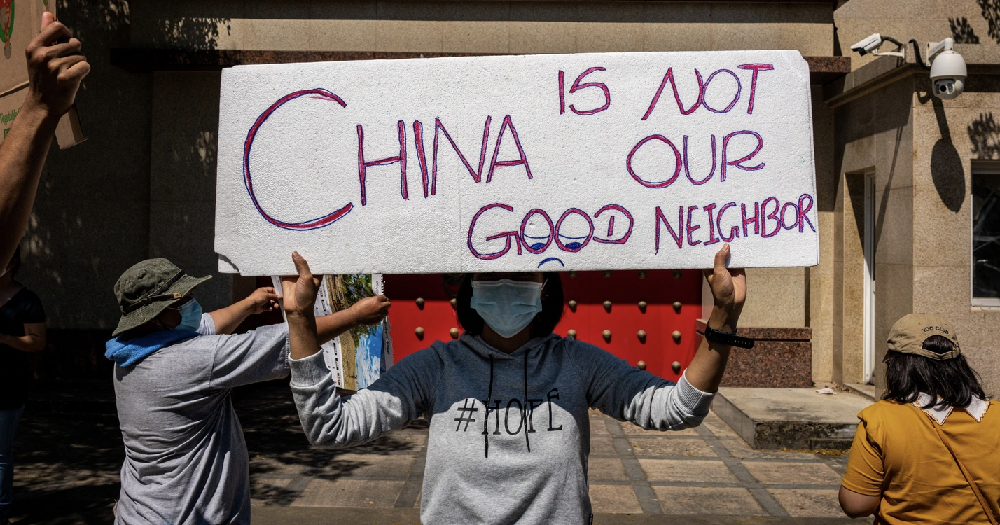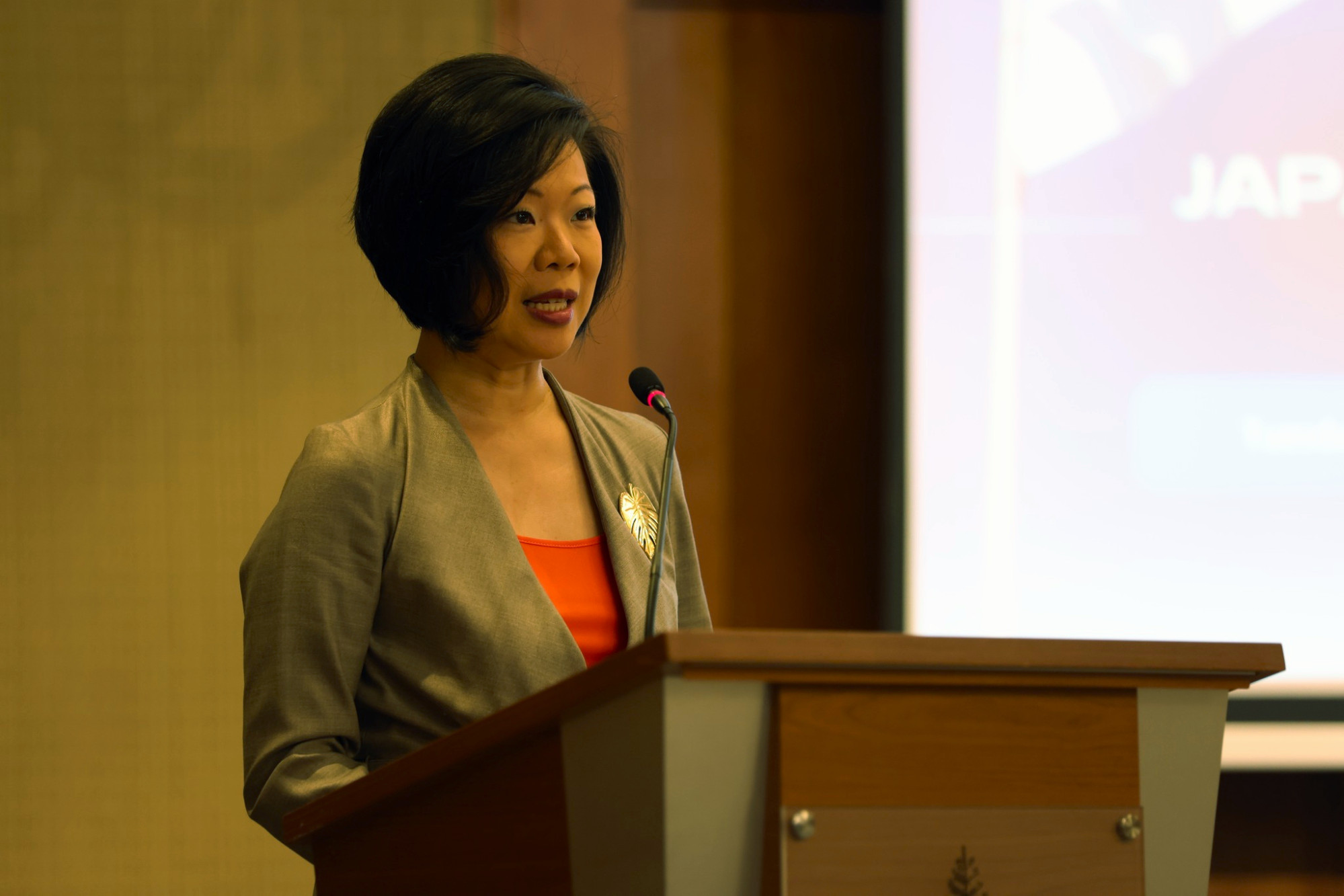
Foreign Affairs senior minister - Singapore-Cina ties based on independent foreign policy, not ‘skewed view’ of cultural interests
- Sim
Ann said interpreting Singapore-China relations from the perspective of
their shared culture may lead to a ‘skewed view or misunderstandings’
- The
senior minister of state in the ministry of foreign affairs said the
city state’s ties with Beijing were ultimately driven by Singapore’s own
interests
Singapore’s ties with China are underpinned by a foreign policy that represents all citizens in the multiracial country and not just Chinese-Singaporeans, a senior foreign ministry official has said.
The remarks by Sim Ann, a senior minister of state in the Ministry of Foreign Affairs, comes amid a renewed effort by Singapore officials to highlight that the local Chinese community identifies itself as Singapore “huaren” – or Singaporeans of Chinese ethnicity – rather than “huaqiao”, or overseas Chinese.
Singapore’s resident population of 4 million is made up of 74.3 per cent Chinese, 13.5 per cent Malays, and 9 per cent Indians, with other groups including Eurasians making up the remaining 3.2 per cent.
Speaking to lawmakers in parliament, Sim Ann said ties of kinship and culture between Singapore’s Chinese community and China had undoubtedly enriched bilateral ties.
To interpret Singapore-China relations from the cultural perspective may result in a skewed view, or misunderstandings
The fact that Singapore had an ethnic Chinese-majority population meant that most Singaporeans could trace their ancestry to somewhere in China, usually in the southern coastal provinces, she said.
Apart from that, Singapore’s bilingual policy – which mandates every citizen learn their cultural language on top of English – has meant that “many Singaporeans of Chinese descent would be able to use the Chinese language to some degree, even though English is our working language”.
“The sense of familiarity and ease makes it more convenient for ethnic Chinese-Singaporeans to communicate and work with partners from China,” she said.
“But to interpret Singapore-China relations from the cultural perspective may result in a skewed view, or misunderstandings,” Sim said in her speech, which was delivered in Mandarin on Wednesday.
An English translation of her remarks was later published by the foreign ministry.
“Those who are not equipped with a deep understanding of Singapore might find it hard to hoist in this point. Singaporeans are citizens of an independent country, but may also identify culturally with being ethnically Chinese, Malay, Indian or others,” Sim, who is also senior minister of state for national development, said.

Sim said the government encouraged citizens – including Chinese-Singaporeans – to develop their own culture and also appreciate the cultural heritage of others.
“At the same time, we seek to shape a highly unified national identity. It would be inaccurate to project Singapore’s position in international affairs based on what one observes of Singapore’s Chinese community,” Sim said.
Sim, who was speaking during a debate on a Motion of Thanks – following President Halimah Yacob’s parliamentary address last week – also discussed perceptions of Singapore’s stance on the US and China.
Noting that observers, media commentators and the public at large had various views, Sim detailed how Singapore’s strong ties with both superpowers were ultimately driven by its own interests – of pursuing regional security, a stable international order and “win-win economic collaboration through trade and investment”.
“We pursue our interests by strengthening and deepening our ties with all countries including the superpowers, middle powers, and our neighbours in the region,” Sim said. “At this point in time, our relations with all countries are very good.”
However, at times and on certain issues, Singapore had to be “prepared to take a stand, and even say ‘no’ to a superpower, on the basis of our own national interest”, Sim said. “We have not been afraid to take a position and make known our views, even where we disagree or what we do displeases others.”
Sim’s speech followed a broader foreign policy speech on Wednesday by Prime Minister Lee Hsien Loong, who warned of heightened risks to the republic arising from the Ukraine-Russia war, the US-China rivalry and a fraying of the multilateral trading system.
The ongoing parliamentary Motion of Thanks debate follows a midterm break for the legislature, and involves various ministries providing updates on their priorities for the rest of the current electoral term.




No comments:
Post a Comment
Note: Only a member of this blog may post a comment.